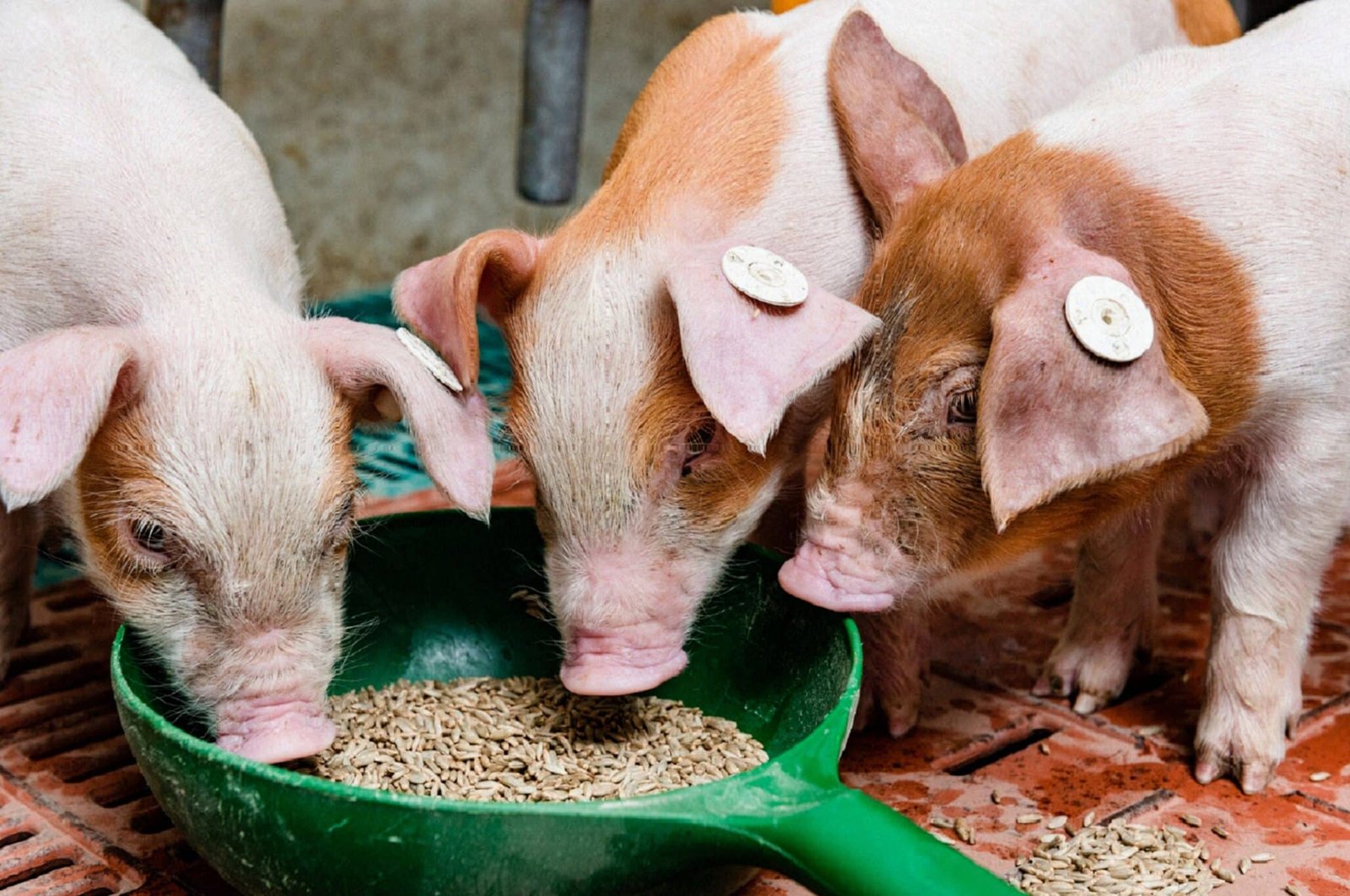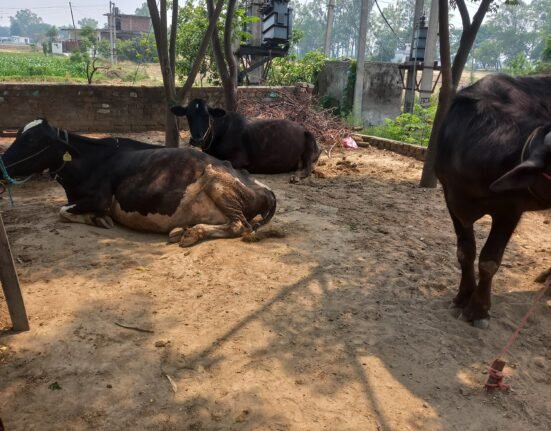Outbreak confirmed in North Rhine-Westphalia amid rising cases in Europe, Asia, and Africa; governments tighten biosecurity
By Dairy Dimension Animal Health Desk
June 17, 2025 | Berlin/New Delhi
The highly contagious African Swine Fever (ASF) has now been confirmed in North Rhine-Westphalia, marking the sixth German state to report a case. The outbreak, detected in a wild boar carcass in the Olpe district, has triggered immediate containment measures and reignited concerns over the virus’s expanding footprint across Europe and beyond.
ūüá©ūüá™ Germany: ASF Spreads to New State
The positive sample was confirmed by the Friedrich-Loeffler Institute (FLI), Germany’s national veterinary reference body. The carcass was found in the southeastern district of Olpe, close to Hesse and Rhineland-Palatinate, states already grappling with ASF in wild boar populations.
Authorities in North Rhine-Westphalia have mobilised drones and trained detection dogs to locate further carcasses. Enhanced biosecurity protocols have been mandated, including:
- Disinfect footwear and clothing for anyone entering pig facilities.
- Restricted access to pig enclosures.
- Tightened control over feed and waste disposal.
Since 2020, Germany has reported ASF in 19 domestic herds, although the majority of cases have occurred in wild boars.
ūüĆć ASF in Europe: Wild Boar Cases Climb
Data from the European Commission’s Animal Disease Information System (as of June 11) reveal a troubling trajectory:
| Country | 2025 Wild Boar Outbreaks |
|---|---|
| Poland | 2,289 |
| Germany | 1,538 |
| Latvia | 623 |
| Hungary | 563 |
A total of 6,629 wild boar outbreaks have been recorded this year across 17 countries, up 123 cases from the previous week. Poland (42), Germany (35), and Hungary (17) accounted for most new detections.
ūüźĖ Domestic Swine: Romania Remains Epicentre
ASF continues to devastate domestic herds, with 240 farm-level outbreaks reported in 2025 so far across 10 countries:
- Romania: 159 outbreaks
- Moldova: 34
- The remaining 47 are spread across eight other nations
Romania remains Europe‚Äôs ASF hotspot, also being the only country to submit a new outbreak report to the World Organisation for Animal Health (WOAH) last week‚ÄĒthis one affecting a single pig in the southeast.
ūüĆź Africa: South Africa‚Äôs ASF Control Zone Breached
South Africa reported two new outbreaks in village herds in Gauteng province, involving 182 pigs. This brings the province’s outbreak tally to 216 since 2019, with over 76,500 pigs affected. ASF continues to spread outside countries’ designated control zones, underlining gaps in rural containment.
Previously reported outbreaks in Uganda and the Democratic Republic of the Congo remain under monitoring through WOAH’s six-monthly submissions.
ūüĆŹ Asia: Vietnam Improves, But ASF Lingers
Vietnam has reported 251 outbreaks in the first half of 2025‚ÄĒa 62% reduction year-on-year. However, 17 provinces still report recent ASF activity.
Pig losses, including culling, have reached 10,156 pigs so far. Provinces such as Thanh Hoa and Lang Son have escalated their emergency containment protocols.
In the Philippines, ASF remains active in five major regions, with Bohol (Central Visayas) worst affected. Awareness campaigns are ongoing in areas like Surigao Sur, where movement of pigs is controlled but not entirely restricted.
ūüáģūüá≥ India: Assam Tightens ASF Controls
Amid rising risk in northeastern India, Assam has imposed rigorous health certification rules for pig transport:
- An ASF-negative certificate within the last 7 days from a registered lab
- Bills of origin and destination
- Random rapid ASF testing of at least 2% of transported pigs
- Immediate culling without compensation if any test positive
New SOPs also ban night-time pig transport, unscheduled unloading, and unauthorised waste disposal. Vehicles must be disinfected upon state entry and exit. Non-compliance invites penalties and legal action.
ūüá≥ūüáĶ Nepal Sets Up ASF Task Force
Nepal has established a national ASF task force to assess the extent of the disease and implement control measures. The move follows increased alerts in border districts and rising concerns over unregulated pig movement.
ūüĒ¨ Scientific Insight: Ticks May Spread ASF
In a potentially game-changing finding, a recent U.S. study has identified ticks as possible ASF vectors. This could complicate disease control, especially in tropical and forested regions where tick prevalence is high.
ūüö® Conclusion: No Room for Complacency
ASF continues to spread across geographies, species, and ecosystems, posing a significant threat to the global pork industry and food security. While Europe leads in tracking, Asia and Africa face growing challenges in containment. The absence of a vaccine makes biosecurity, early detection, and movement control the pillars of ASF prevention and control.
Dairy Dimension will continue monitoring ASF developments in real-time across Europe, Asia, and Africa.







1 Comment